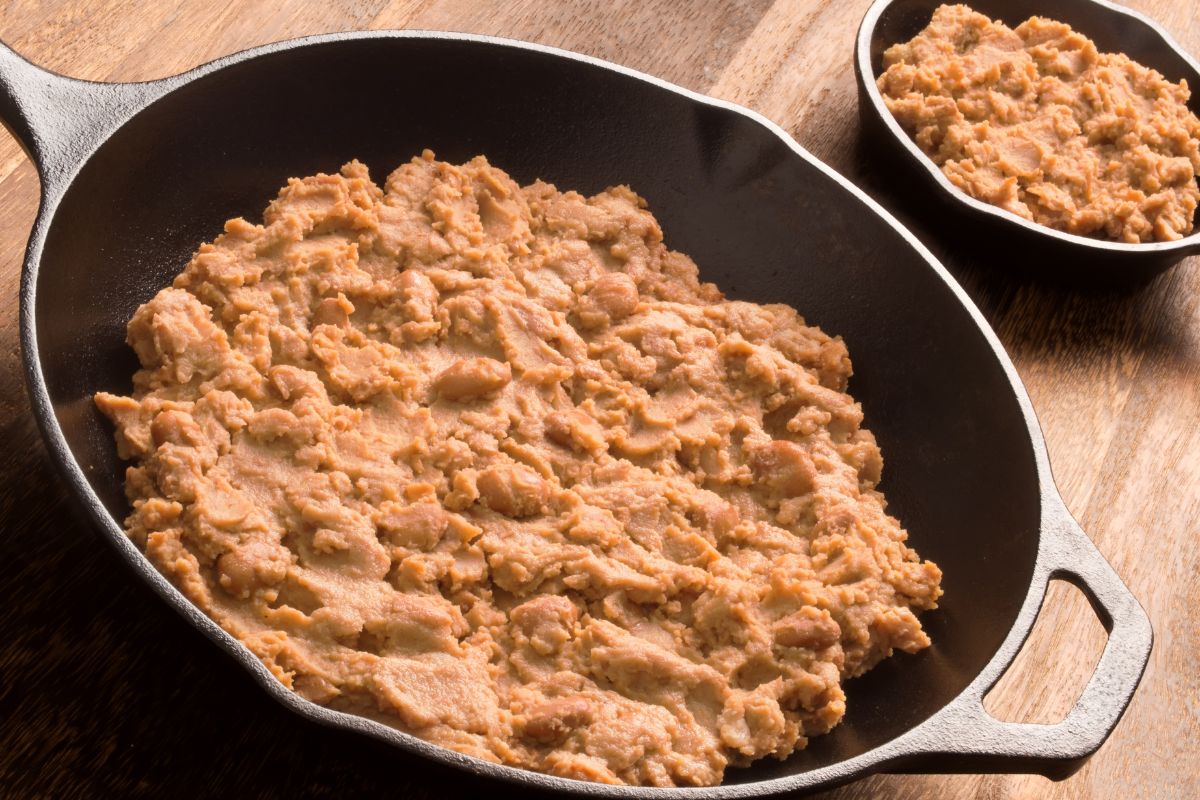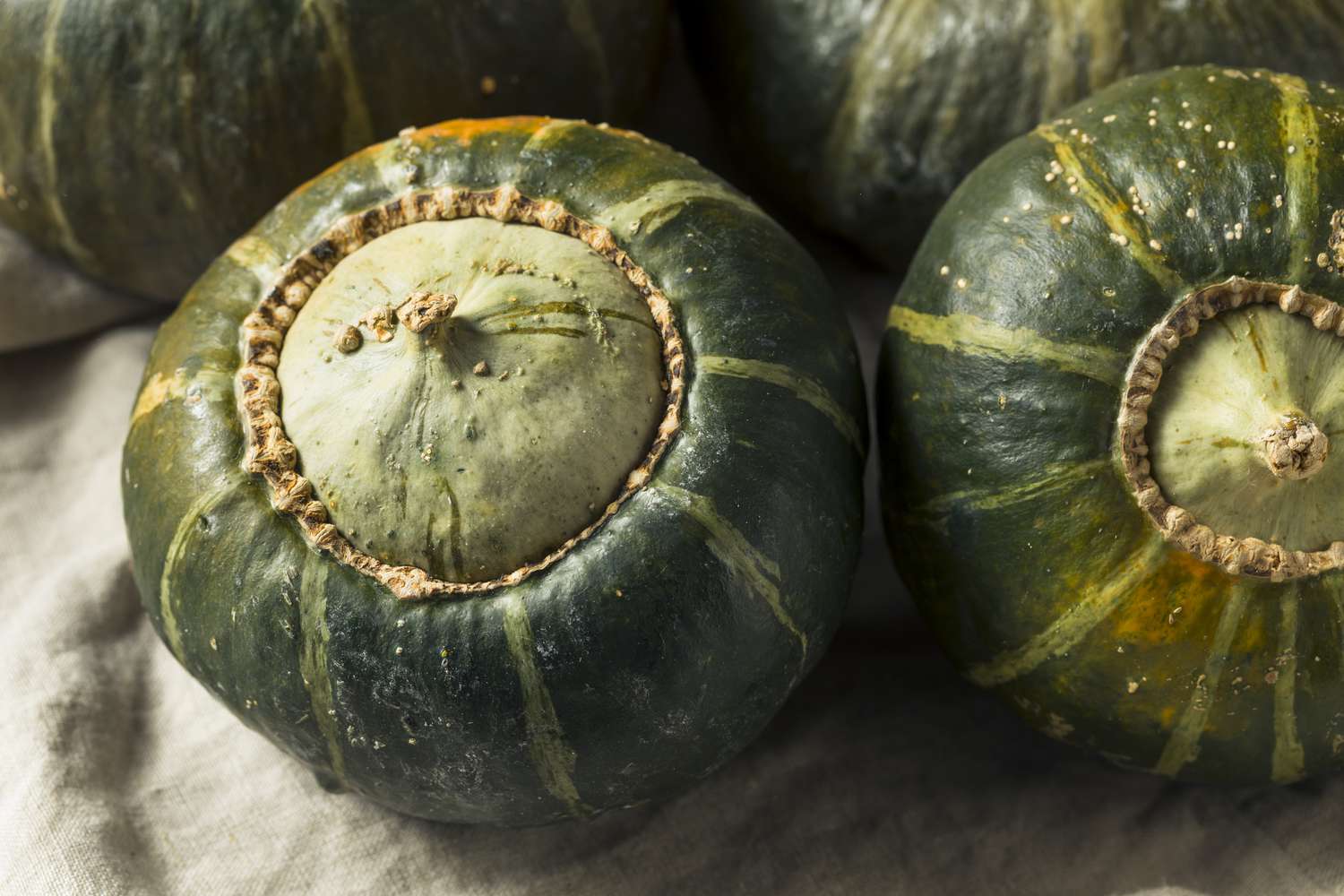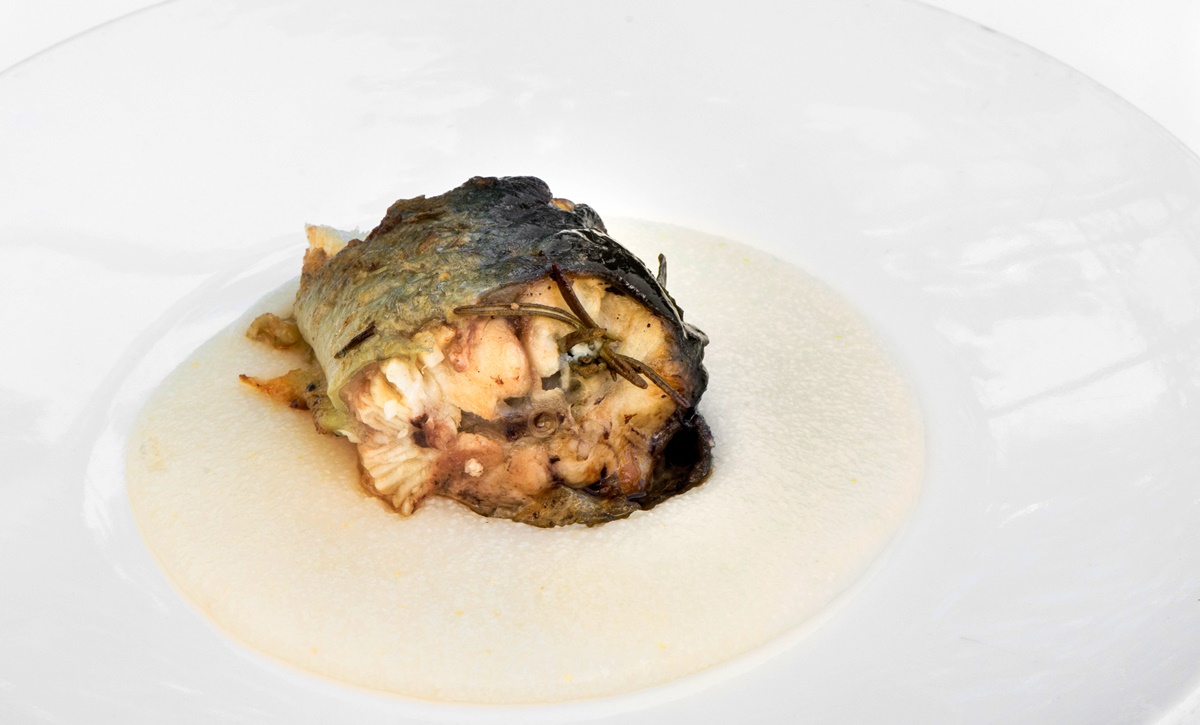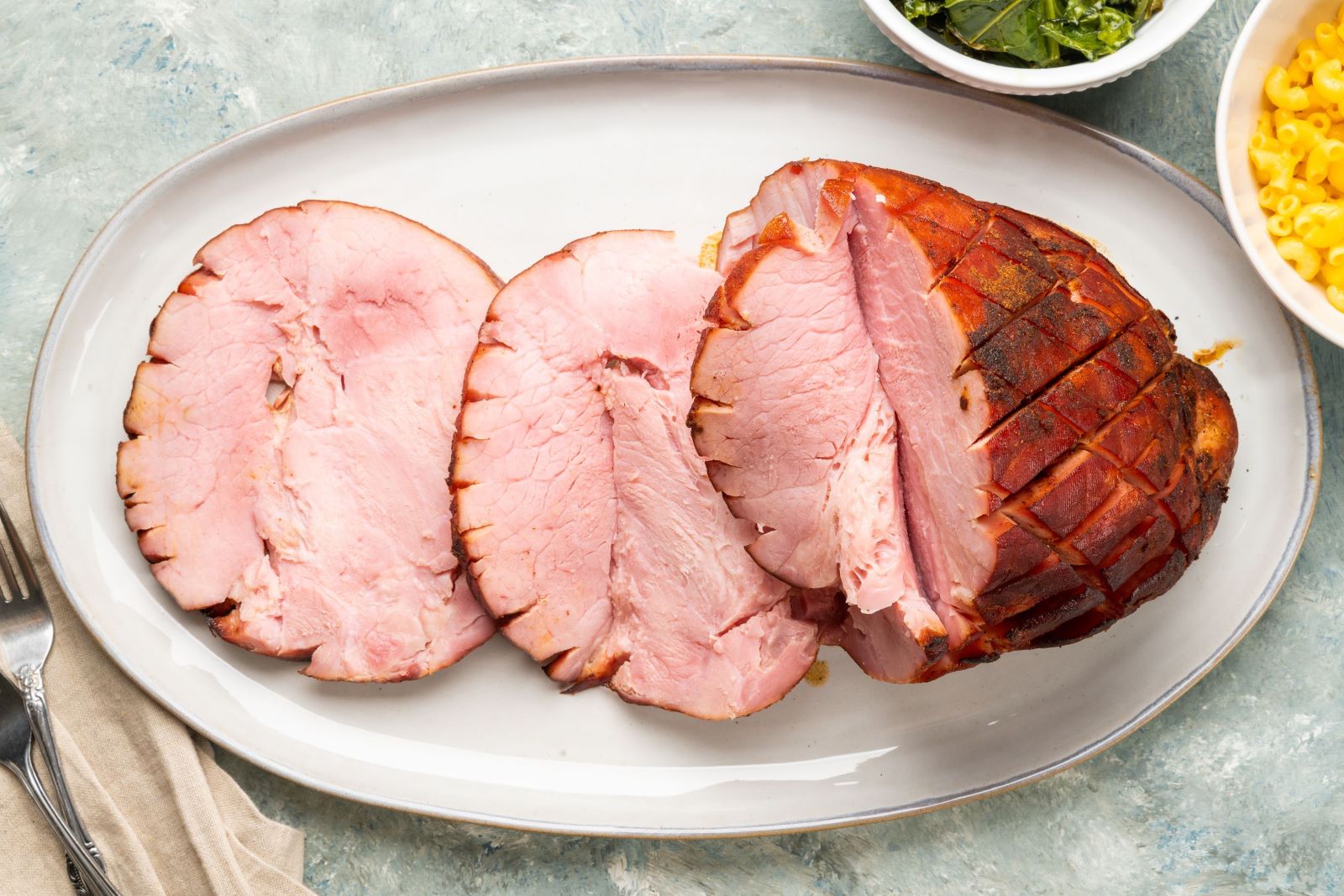How To Add Cornstarch To Thicken Soup
Are you tired of thin and watery soups? Do you want to add some thickness and body to your favorite soup recipes? Look no further than cornstarch, a versatile ingredient that can transform any soup into a hearty and satisfying dish. In this article, we will guide you through the process of using cornstarch to thicken your soups to perfection. Let’s dive in!
Why Use Cornstarch?
Cornstarch is a pantry staple that is commonly used as a thickening agent in cooking. It is derived from corn kernels and is gluten-free, making it a suitable option for those with dietary restrictions. When added to soups, cornstarch helps to bind the ingredients together and create a thicker consistency.
Step-by-Step Guide
Follow these simple steps to use cornstarch as a thickener for your soups:
- Dissolve the Cornstarch: In a separate bowl, mix cornstarch with a small amount of cold water. Stir well until the cornstarch is fully dissolved. This step ensures that the cornstarch will blend smoothly into your soup without forming clumps.
- Add to the Soup: As your soup is simmering on the stove, slowly pour the dissolved cornstarch mixture into the pot. Stir continuously to evenly distribute the cornstarch into the soup.
- Heat and Stir: Continue to cook the soup over low to medium heat, stirring occasionally. The heat will activate the cornstarch, causing it to thicken the soup gradually.
- Observe and Adjust: Keep a close eye on the consistency of your soup. If it hasn’t reached your desired thickness, you can repeat the process by dissolving more cornstarch in cold water and adding it to the soup.
- Enjoy Your Thickened Soup: Once your soup has thickened to your liking, remove it from the heat and let it cool slightly before serving. The cornstarch will continue to thicken the soup as it cools.
Tips and Tricks
Here are some additional tips to help you achieve the perfect consistency when using cornstarch to thicken your soup:
- Start with a small amount: It’s best to add cornstarch gradually to avoid over-thickening your soup. You can always add more if needed, but it’s challenging to thin it down once it becomes too thick.
- Mix with cold water: Dissolving cornstarch in cold water prevents it from clumping and ensures a smooth texture when added to the soup.
- Don’t boil vigorously: Boiling soup vigorously may break down the cornstarch and result in a thinner consistency. Maintain a gentle simmer to retain the desired thickness.
- Experiment with other thickeners: While cornstarch works well for most soups, you can also explore other thickeners like arrowroot powder or tapioca starch for a different texture and flavor profile.
Now that you know the secrets of using cornstarch to thicken your soup, it’s time to unleash your culinary creativity. Transform thin and lackluster soups into rich, velvety masterpieces that will impress your family and friends. Happy cooking!
For those eager to master the art of thickening soup with cornstarch, several recipes are perfect for practice. Try the Creamy Tomato Basil Soup for a rich and velvety texture, or the Beef and Vegetable Stew for a hearty and satisfying meal. The Chicken and Corn Chowder is another top pick, offering a creamy consistency that pairs well with cornstarch. For a luxurious option, the Seafood Bisque is an excellent choice, allowing the cornstarch to enhance its creamy base. Finally, the Creamy Butternut Squash Soup is a great way to see how cornstarch can create a smooth and comforting dish. Each of these recipes provides a unique opportunity to hone your soup-thickening skills and enjoy a delicious meal.
Was this page helpful?
Read Next: How To Add Eggs To Soup











